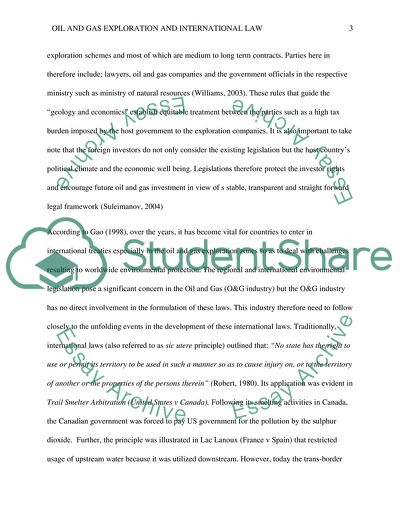Cite this document
(Oil and Gas Exploration and International Law Coursework, n.d.)
Oil and Gas Exploration and International Law Coursework. https://studentshare.org/law/1822351-legal-aspect
Oil and Gas Exploration and International Law Coursework. https://studentshare.org/law/1822351-legal-aspect
(Oil and Gas Exploration and International Law Coursework)
Oil and Gas Exploration and International Law Coursework. https://studentshare.org/law/1822351-legal-aspect.
Oil and Gas Exploration and International Law Coursework. https://studentshare.org/law/1822351-legal-aspect.
“Oil and Gas Exploration and International Law Coursework”. https://studentshare.org/law/1822351-legal-aspect.


